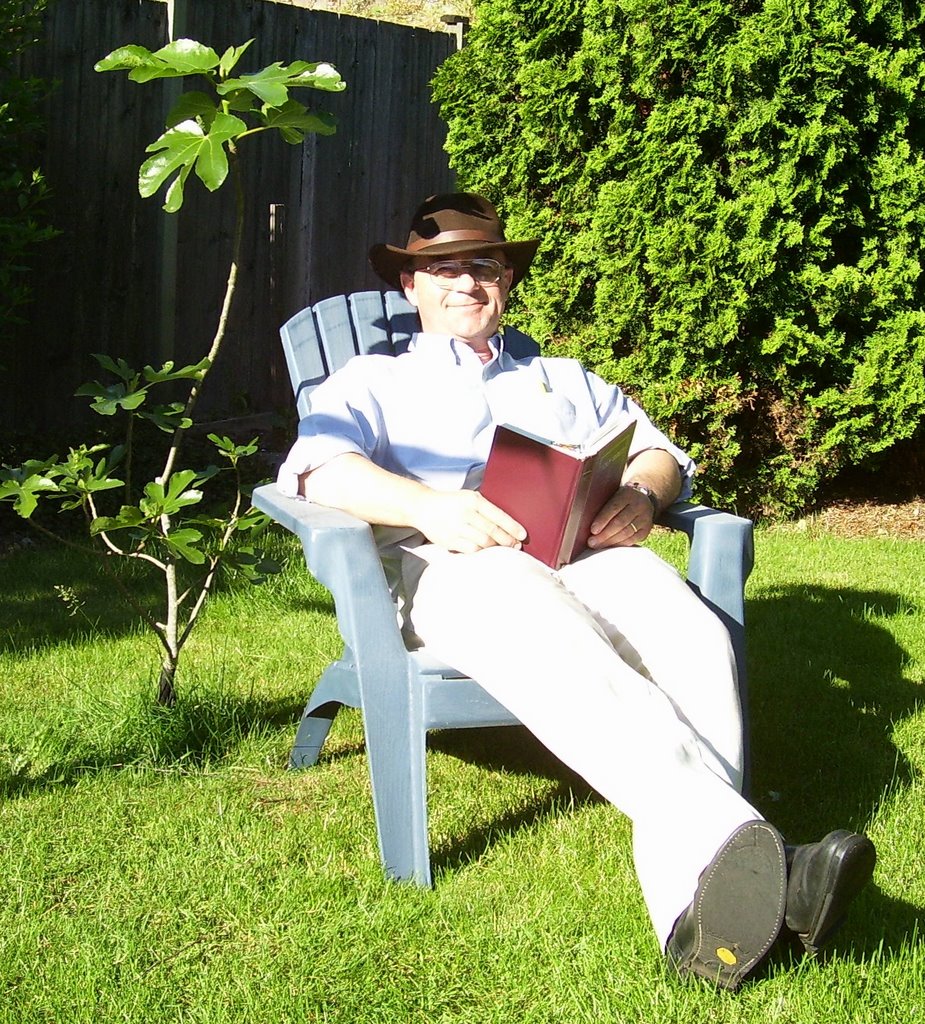The meek will he guide in judgment: and the meek will he teach his way.
-- Psalm 25:9
Nietzsche considered the "will to power" to be the most basic human drive. Our culture implicitly agrees. Having the high hand in any conflict is to feel secure. In all realms of current life, such as finance, law, science, politics, and social relationships, tremendous energy is expended to maintain this upper hand.
This natural desire is no doubt important. It always has been. Cain sought power, his descendant Lamech sought even more. From the wicked kings of Israel to the present moguls of business and politics, the driving force of history seems to be the quest for power.
We who take seriously the coming of God's Kingdom need to be careful about this. It is one thing to claim culture for Christ, it is quite another to do it with a high hand. Arrogance, even in the name of God, is unlikely to garner his favor. In 2 Kings 10, Jehu's zeal in slaughtering the house of Ahab, although commended by God, was not grounded in faith. He "took no heed to walk in the law of the LORD God of Israel with all his heart." v. 31. Because Jehu exalted himself, Hosea ch.1 tells us the kingdom of Israel was to cease.
But the soul that doeth aught with a high hand, whether he be home-born or a soujourner, the same blasphemeth Jehovah; and that soul shall be cut off from among his people.
--Numbers 15:30 (ASV)
As always, there are significant controversies bubbling in the so-called world of reformed Christianity. I have strong opinions on some of them, indifferent opinions on others. Where one has a strong opinion, I think it is important to express it clearly and with reason. But I've been around long enough to know that how you fight makes all the difference. When the counterattack involves name-calling, sanctimonious smugness, and back-handed dismissal, the battle is over. The important thing is not to blow it by responding in kind.
So it goes in all of our conflicts. The battle is the Lord's. A brief review of the word "meek" in the Bible produced this interesting nugget:
Seek ye the LORD, all ye meek of the earth, which have wrought his judgment; seek righteousness, seek meekness: it may be ye shall be hid in the day of the LORD'S anger.
-- Zephaniah 2:3
The word for "meek" here in the Hebrew, (ענוי) (transliterated "anavee") means lowly or humbled. But what is interesting is that these meek people "have wrought his judgment." And Zephaniah equates meekness with righteousness, which itself means being in the right both morally and legally.
There is something important here. Being right involves being meek. Meekness, in other words, is not for wilting wimps. It is for those who look to God for protection and seek to glorify only God in their rightness. How difficult it is for us to hold to that while we are tempted to bash our opponents. May our zeal be grounded in meekness. May it not be the zeal of Jehu.
For the LORD taketh pleasure in his people: he will beautify the meek with salvation.
--Psalm 149:4:
Blessed are the meek: for they shall inherit the earth.
-- Matthew 5:5
Tuesday, February 13, 2007
Subscribe to:
Post Comments (Atom)

4 comments:
Meekness...that wouldn't be a distinctive of some Reformed splinter denomination, would it?
I didn't think so.
Their numbers are quite modest.
I can spell, really.
I read the testimony of O J Simpson, who actually was a rookie at Buffalo once, who was told by Ray Nitzsche to watch our for Dick Butkus in the Bill's opener with the Bears, and OJ admitted he took discretion to be the better part of valor, and ran every play away from Butkus. I would, too. Nobody wanted to get hit by Butkus.
But I don't think Ray, OJ, or Dick have been granted repentance. Glory is fleeting.
Post a Comment